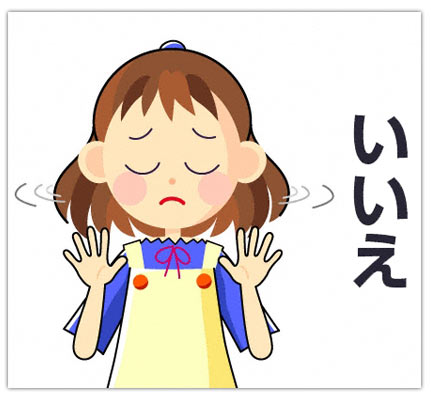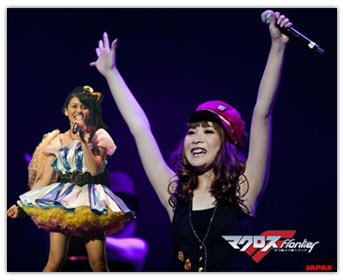Leave it to Japan to turn something as simple as “yes” and “no” into something more complex than it needs to be. But because of the differences in language and culture, sometimes even these simple concepts can cause confusion. “Yes” in Japanese is hai, and in addition to affirming a statement or question, it’s also used to let the person whose talking to you know you’re listening attentively. This is called aizuchi, words of agreement that a Japanese will say while listening to another person. It’s not uncommon for gaijin to assume that a person saying hai…hai to us is actually agreeing with what we’re saying, when in fact the opposite may well be true. “No” in Japanese is iie (EE-eh), but in a society with as many shades of grey as Japan, its actually quite rare to hear a statement or question answered with such a flatly negative word. It’s more common to hear something like chotto (CHOE-toe, which literally means “a little”) used to vaguely hint that the cookies you’d baked didn’t taste very good (“well, they’re a little…”), rather than a direct negative statement (“no, I don’t like them”). One of the more common uses of iie is in response to someone thanking you for something, in which case it means something like “No, don’t mention it.”

Yes means yes, unless it doesn’t. No means, “Don’t mention it.” .















